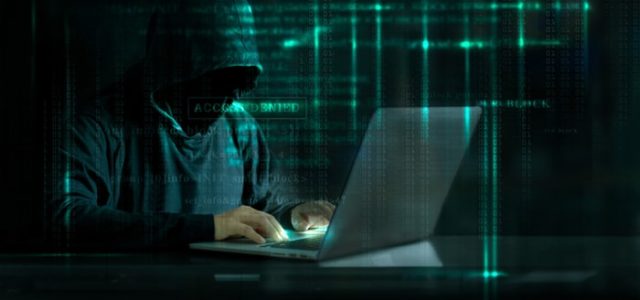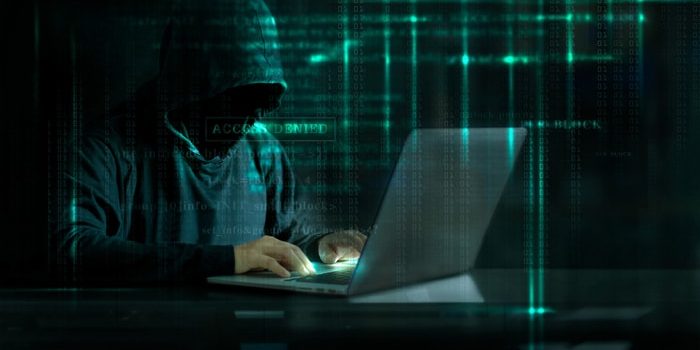


Cyber crime is a major problem in our internet-based world. More than 90% of all transactions now occur digitally, and all of your data is stored on some database somewhere. Your most sensitive information is on the internet and it may even be unsecured as you’re reading this. There are over 4,000 cyber crimes committed every single day, and any of them could be attempts to get to your data. New crimes require new methods of protecting yourself. Here are some of the tools you need to protect yourself from cyber criminals.
Tools to Protect Yourself from Cyber Criminals
Why Now?
You might be asking why this is suddenly such a huge concern. The internet has been a major part of our lives for more than 20 years now. Haven’t these cyber criminals all been stopped by now? Well, unfortunately, cyber crime isn’t going away any time soon. In fact, it’s on the rise now more than ever. In 2017 alone there were 27% more online crimes committed than in 2016. As the world becomes more connected, your data is more vulnerable than ever.
Going online without the tools you need to protect yourself from online criminals is like walking through a dark alley alone at night while wearing a nice watch. Do you deserve to be mugged for that? No, absolutely not. Should you expect to be? Sadly, that’s the world we live in. If you go online and start making purchases or paying bills without any protection, it’s a matter of when your data gets stolen, not if. Unfortunately this is just the way cyber criminals operate. There’s a way to keep yourself safe, though, and that’s through information security technology.
Information Security
Information security technology is offered by sites like Lifelock, Norton, McAfee and the like. These security suites, as they are called, are typically paid services that allow you to browse without worrying about your data. They offer you peace of mind by giving you a number of services that keep your data private and make it much harder to steal.
The ways they do this vary from suite to suite and can change based on the level of security you’re after. One of the main ways these security suites can keep you safe is through encryption. Data encryption is a process by which data is translated into incomprehensible gibberish that can only be deciphered by possessing the encryption key. This is a lot like old-school spy codes that replace letters with other letter and can be decoded with the right key.
Encryption might not be foolproof, but it makes your data that much harder to steal. Generally, cyber criminals can’t be bothered to go to the work of decrypting a complex cypher, so they’ll sooner avoid your data altogether.
Other Security Measures
That’s not the only security you need to keep in mind online, though. Most security suites also include firewalls or virus protection. These are computer scripts or programs that intercept fishy lines of code that might be viruses. Many viruses exist solely to cause problems on your computer by replicating themselves and slowing your system down. More malicious viruses, however, may include commands that involve copying your keystrokes and sending your passwords to criminals.
Another way to avoid keystroke-logging viruses would be through using a password manager. Password managers are another great aspect of cyber security you can use to keep your information safe online! They are typically paid services, some of which are included with security suites, that keep track of your passwords across different sites. Generally these services encrypt your password and help keep your information safe from outside parties by making your passwords complex strings of letters and numbers.
Virtual Private Networks
Another favorite tool to stymie online criminals is through use of a Virtual Private Network, or VPN, like Nord. VPNs allow you to use private servers to connect to the internet, which helps you to steer clear of seedier elements online. VPNs often can boost your internet speeds, as well, allowing you to connect more quickly and avoid data throttling and slowdown.
Another widely-used but often maligned use of VPNs is “geo-spoofing,” a process through which a user tricks a site into thinking they are physically somewhere else. This is often used to sidestep regional blackouts on media. While many sites don’t appreciate this use of VPNs, it’s one of the most common reasons people use them. Most VPNs require a monthly fee to access, though there are some free ones out there, too.










